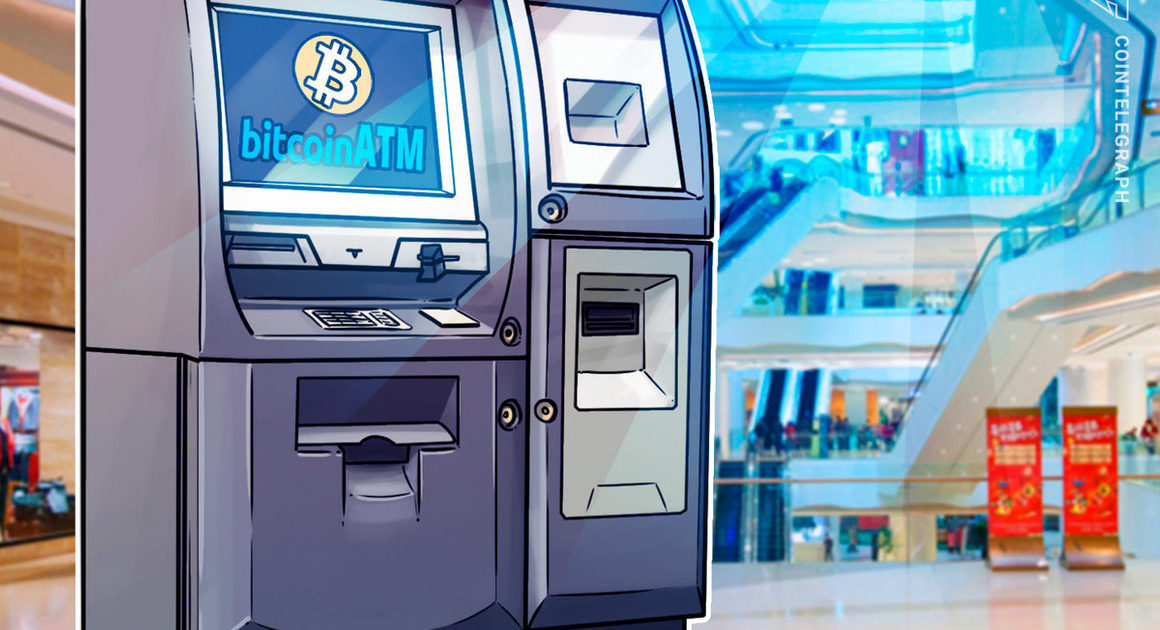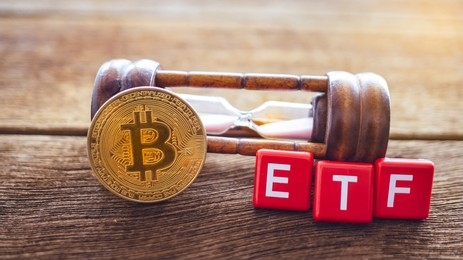Mexico’s Senate building now houses the country’s 14th Bitcoin (BTC) ATM, a sign of the country’s increasing interest in Bitcoin. The ATM was installed on Tuesday with the support of several legislators, including Miguel Angel Mancera, head of the parliamentary group of the Party of the Democratic Revolution (PRD).
Senator and outspoken crypto enthusiast Indira Kempis shared her excitement at the development on Twitter, stating that “for freedom, inclusion and financial education in Mexico.”
Por la libertad, inclusión y educación financiera en México.#ToTheMoon @senadomexicano pic.twitter.com/QytQn58A3i
— Indira Kempis de I. (@IndiraKempis) April 26, 2022
According to Coin ATM Radar data, the country already had 13 such machines in Mexico City, Tijuana, Cancún, Guadalajara, Culiacán, San Miguel de Cozumel, and Aguascalientes.
After the BTC ATM was installed, a local news report from El Heraldo de Mexico stated that the PRD representative noted that Bitcoin has already surpassed the transaction volume of payments made through traditional payment systems like PayPal, Visa, and MasterCard.
Related: Brazil’s Senate approves ‘Bitcoin law’ to regulate cryptocurrencies
Mexico’s interest in cryptocurrency has picked up momentum in recent months. According to Triple A’s crypto ownership data for 2021, 40% of Mexican firms are interested in adopting blockchain and cryptocurrency in some manner. Of this group, 71% are concentrated on cryptocurrency usage.
Furthermore, the information shows that Mexico’s major cryptocurrency exchange, Bitso, saw a 342 percent increase in trading volume in 2020. The exchange also has over 1 million users (92% are Mexicans).
In February, as reported by Cointelegraph, Nuevo León state senator Indira Kempis stated that she is confident that Bitcoin should be a legal currency in Mexico because its usage may help expand financial inclusion across the world. However, billionaire and Bitcoin advocate Ricardo Salinas believes it will be an “uphill battle” to make this happen because his nation’s mentality is too dependent on its fiat control, which he referred to as “fiat fraud.”




